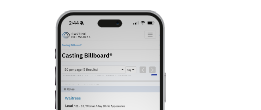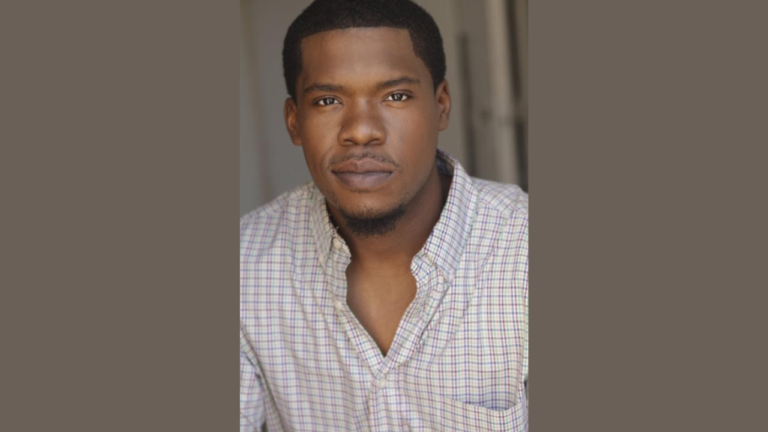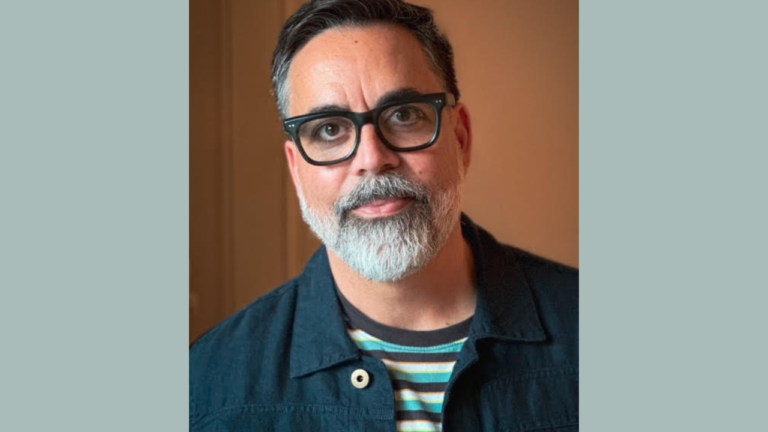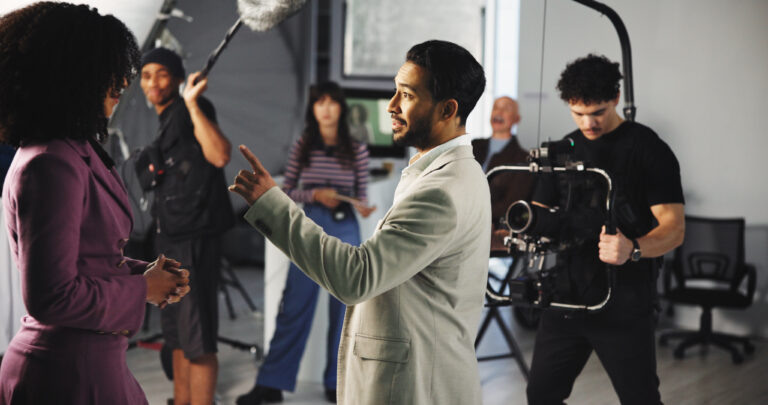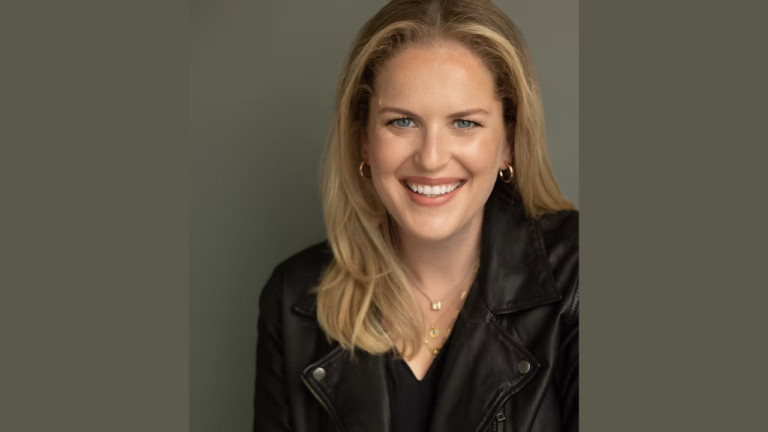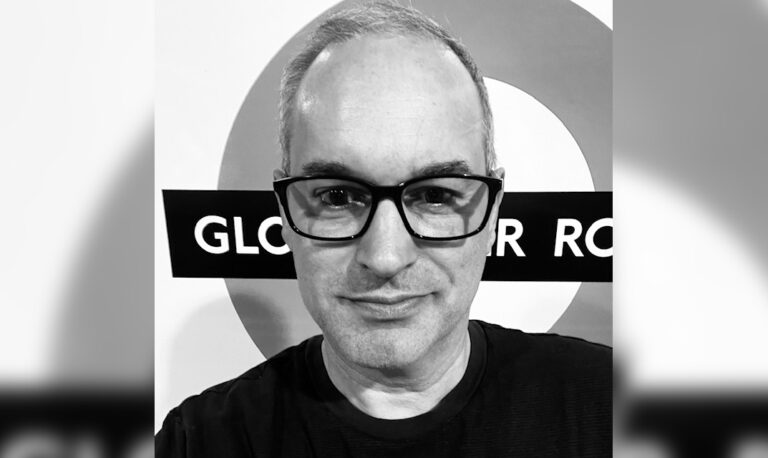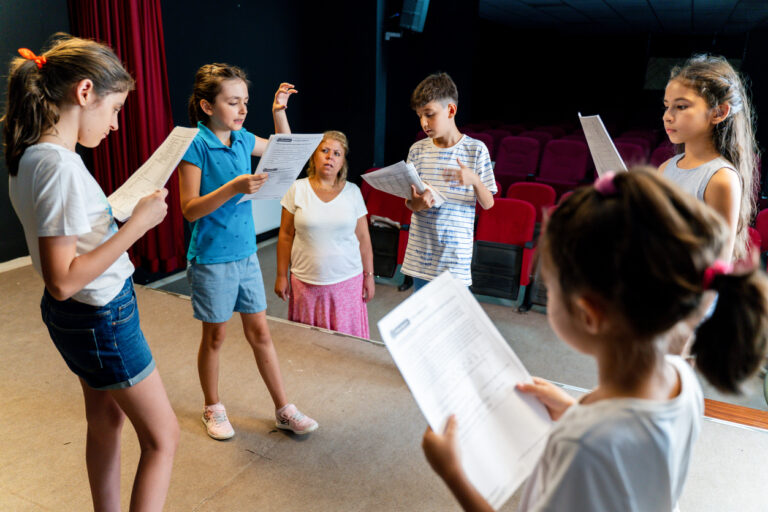The audition room isn’t what it used to be. The competition isn’t either.
Your most formidable rival used to be the actor sitting next to you in the waiting room. Now, it might be a digital avatar or even a CGI-enhanced version of yourself that you didn’t even know was auditioning.
Welcome to the future of casting (which is now). It’s virtual, evolving fast and not waiting for you to catch up. What does this mean for today’s actors? Let’s break it down.
What You’ll Find in This Article
- The Rise of AI in Casting
- Digital Doubles and AI Avatars: The Clone Wars Begin
- Virtual Casting Rooms: The Zoom Audition Grows Up
- Deepfakes, Voice AI and Your Digital Identity
- What Casting Directors Think (and Why They Still Need You)
- How to Future-Proof Your Acting Career
- Your Power is in Your Presence
- The Role of Unions and Legislation When it Comes to AI
The Rise of AI in Casting
AI (artificial intelligence) is scanning headshots and analyzing self tapes. Some production companies are using AI to sift through submissions, predicting which actors might “match” a role based on facial expressions, tone and even micro-emotions.
For actors, this can mean faster casting decisions but also fewer chances for your charm to break through all the noise.
Pro Tip: Make sure your self tapes are clean, expressive and on-brand. If AI is involved in the screening process, clarity and consistency may help your tape land in the “shortlist” pile.
Digital Doubles and AI Avatars: The Clone Wars Begin
Studios are investing in digital doubles, which are AI-generated avatars of real actors that can be licensed, manipulated and even “perform” when the original actor isn’t present. Some actors are willingly scanning themselves to create virtual versions for future use, including voice, facial movements and full-body motion capture.
From a technology standpoint, this might seem incredible, but it can also be scary. The August 2025 print edition of Vogue accepted an advertisement by the brand Guess. In small print on the ad, it’s revealed that the model was created using AI. As an actor or model, how does this make you feel?
While this opens doors for residual income and virtual gigs, it also raises serious questions about consent, ownership and the future of physical performance.
Pro Tip: Before you agree to a body scan or voice replication, read the fine print. Know what you’re licensing, for how long and how it can be used — even after your contract ends. You may want to have an entertainment lawyer read your contract before you sign.
Virtual Casting Rooms: The Zoom Audition Grows Up
Remember back in 2020-2021 when casting via Zoom felt like a temporary solution? Virtual casting is here to stay, with platforms using AI to read eye lines, evaluate pacing and even simulate live chemistry reads with virtual partners (a virtual partner refers to a non-physical scene partner, such as a live person appearing via video call or a pre-recorded voice).
Pro Tip: Practice with virtual readers and ask your friends to help. Learn how to connect emotionally through the screen. It’s a different muscle than live auditions, but just as vital.
Deepfakes, Voice AI and Your Digital Identity
Realistic deepfakes and voice cloning tech are advancing rapidly. Your voice, your face and your expressions could be mimicked without your permission and passed off as your work.
Industry unions are currently fighting for protections in this space, but in the meantime, it’s a Wild West environment.
Pro Tip: Keep receipts. Monitor where and how your image and voice are used. Tools like digital watermarking or blockchain verification may soon become part of every actor’s toolkit.
What Casting Directors Think (and Why They Still Need You)
Despite all the tech hype, many casting directors remain focused on the human aspect. They know AI can analyze patterns, but it can’t predict presence or soul.
Casting is still about instinct, chemistry and magic. AI can offer shortcuts, but it can’t replicate the spark of a live performance. Nor can it reenact that unteachable something that sets you apart.
Pro Tip: Stay human. Stay adaptable. Your authenticity will always outshine artificial imitation.
How to Future-Proof Your Acting Career
You may be asking what you can do to make sure you’re on top of trends and how to adapt to the changing landscape as it continues to evolve. Here’s how to future-proof your acting career.
- Educate yourself on how AI is being used in casting.
- Diversify your skills, including voiceover, motion capture and virtual performance.
- Understand your digital rights and advocate for yourself.
- Network with industry professionals who are innovating responsibly.
- Keep acting training human-centered, focusing on emotional truth and spontaneity.
Your Power is in Your Presence
The future of casting is developing in ways that were unimaginable even five years ago. The industry is shifting toward a hybrid model where real talent and digital tools coexist. The trick is to adapt to this new frontier or be left behind.
You aren’t competing with digital images and robots. You’re competing with the idea that they could replace you.
Pro Tip: Prove them wrong. Keep showing up with heart, grit and a performance that no algorithm could ever predict.
The Role of Unions and Legislation When it Comes to AI
Industry unions like SAG-AFTRA are pushing for stronger protections, including:
- Informed consent for scans and replications
- Guaranteed compensation for AI use
- Legal recognition of performers’ digital likeness as intellectual property
Until the law catches up with the tech, actors need to stay proactive.
While there’s still no substitute for human spontaneity and vulnerability, embracing AI will help you stay competitive. Actors should focus on developing their vocal expression, motion capture performance and personal branding.
Update your lighting kit, stretch those facial muscles and get ready.
Final Takeaways
The casting landscape is evolving faster than ever and actors must keep up to stay relevant. Technology like AI and virtual auditions are changing how decisions are made, but the human element remains key. By embracing new tools while protecting your individuality, you can stand out in this shifting industry.
- Make your self tapes clear and expressive so they pass AI screenings and catch casting directors’ eyes.
- Always read contracts carefully before agreeing to scans or voice replication and consider legal advice to protect your image and voice.
- Practice connecting emotionally through virtual auditions by rehearsing with friends or virtual scene partners.
- Keep track of where and how your digital likeness is used and stay informed about new tools that can help protect your identity.
- Focus on your emotional truth and spontaneity because your unique presence cannot be replicated by technology.
You may also like:
